Bravia 8 XR80 is the only Sony OLED model from the 2024 production that will certainly attract the attention of image quality enthusiasts. The television offers excellent picture quality with the characteristic deep blacks of OLED, vibrant colours, and infinite contrast. This makes every scene incredibly realistic. Thanks to OLED technology, dark scenes look perfect, and the reproduction of black and bright elements stand out with great detail. This creates an amazing effect - a cinematic experience. While watching sports or action-packed films, we particularly appreciated the fluidity of the image. The 120 Hz panel performs excellently – no issues with blur, even in the most dynamic moments. This is a television that truly excels in situations where fast action and vivid details are important. The Google TV system is another strong point of Bravia 8. The interface is simple, clear, and easy to navigate. We had no trouble finding all the popular apps like Netflix, YouTube, or Prime Video. The USB-C rechargeable remote is a nice addition – it fits well in the hand, and the backlighting proved invaluable during evening use of the television. Of course, not everything was perfect. The SDR brightness of 330 nits is a result that does not impress, especially in well-lit rooms. This model definitely performs better during the evenings in darker conditions. We also noticed that the colour gradation is slightly worse than in previous Sony models - this is a very strange move because, after all, they have always been known for their superb digital processing. Another limitation is that there are only two HDMI 2.1 ports (including eARC) – with a larger number of devices, such as two consoles and a soundbar, it becomes problematic. Despite these minor downsides, Bravia 8 XR80 is a great television that is suitable for both everyday use and evening screenings. Excellent picture quality, motion fluidity, and an intuitive Google TV system make for a combination that makes a difference. If we are looking for a decent OLED in 2024, this model is definitely worth considering.
- Matching (Score)
- Our verdict
- TV appearance
- Where to buy
- Contrast and black detail
- HDR effect quality
- Factory color reproduction
- Color reproduction after calibration
- Smoothness of tonal transitions
- Image scaling and smoothness of tonal transitions
- Blur and motion smoothness
- Console compatibility and gaming features
- Input lag
- Compatibility with PC
- Viewing angles
- Daytime performance
- Panel details
- TV features
- Apps
- Playing files from USB
- Sound
Sony Bravia 8 (XR80) vs TCL C655 / C69B (55"-85")
Direct comparison
BRAVIA 8 / XR80
C655 / C69B


Panel type: WRGB OLED
Resolution: 3840x2160
System: Google TV
Model year: 2024
Complete the survey to find out the result

Panel type: LCD VA
Resolution: 3840x2160
System: Google TV
Model year: 2024
Complete the survey to find out the result

Overall rating
7.8
6.3
Movies and series in UHD quality
7.6
5.7
Classic TV, YouTube
8.0
5.6
Sports broadcasts (TV and apps)
8.1
5.2
Gaming on console
8.8
7.7
TV as a computer monitor
7.6
6.0
Watching in bright light
5.6
5.6
Utility functions
9.4
6.5
Apps
9.6
9.6
Sound quality
7.5
6.6
Complete the survey to find out what fits your preferences
Advantages
Excellent contrast
Google TV – intuitive system, easy access to applications, backlit remote.
Very good motion fluidity – 120 Hz, advanced smoothing system.
Great Dolby Vision support
Very good viewing angles
Superb built-in audio system
High brightness of 450 nits
High native contrast
Supports Google TV with access to many streaming applications
Features for gamers, such as ALLM, VRR, and Game Bar, as well as support for Dolby Vision in game mode
Very low input lag, even in Dolby Vision mode (13 ms)
Support for Apple AirPlay and the ability to connect devices via Bluetooth
Relatively low price
120/144Hz and HDMI 2.1 in the 98' variant *
Disadvantages
Poor gradation – visible transitions between dark and light colours
Brightness in daylight – better for night screenings than for use in daylight
Only 2 HDMI 2.1 ports – one of which is ARC.
Poor viewing angles resulting from the VA matrix – the image loses quality when viewed from the side
No recording function to USB and no picture-in-picture (PiP) option
Our verdict
TCL C655 / C69B in larger sizes (55"+) is a QLED television from 2024 by a Chinese manufacturer, offered at a very attractive price. This model has many advantages that can satisfy a wide range of users. The first major plus is the Google TV operating system. In the TCL C655 / C69B and beyond, it provides a modern and intuitive interface along with support for voice commands in Polish thanks to Google Assistant. Easy access to popular streaming applications such as Netflix, YouTube, or Prime Video makes daily use of the television particularly convenient. Support for AirPlay and the ability to connect peripheral devices via Bluetooth enhance its versatility. A minor downside may be the lack of recording features and picture-in-picture (PiP), which may disappoint those accustomed to the full functionality of traditional television. Therefore, we recommend connecting an external decoder. As for gamers, the C655 / C69B, despite the lack of support for 4K resolution at 120 Hz, offers quite a lot. The television supports 120 Hz at lower resolutions (1080p and 1440p), so when smoothness of the image is more important than resolution, one can set the console to performance mode. As a gaming television, the C655 / C69B offers features such as ALLM (automatic low latency mode switching) and VRR (variable refresh rate), which provide smooth images and minimise lag. It is also worth mentioning Dolby Vision in game mode with low input lag. The picture quality in the TCL C655 / C69B is also quite good, especially considering its price. The television has a high native contrast due to the VA panel and wide coverage of the DCI-P3 colour palette thanks to quantum dot technology (QLED). Although the lack of local dimming (present in the C655 PRO version) sometimes affects the depth of black, in this price range, this model offers truly solid picture quality that should satisfy most users.
TV appearance








Contrast and black detail
10/10
6.1/10
Local dimming function: No
Contrast:
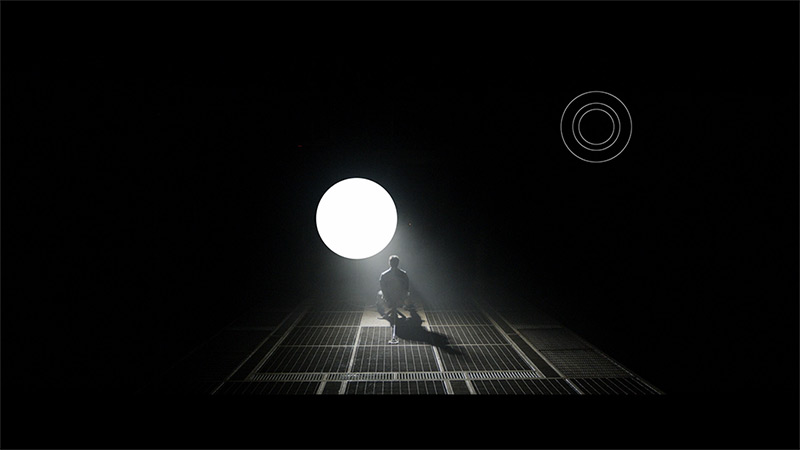
Result
∞:1
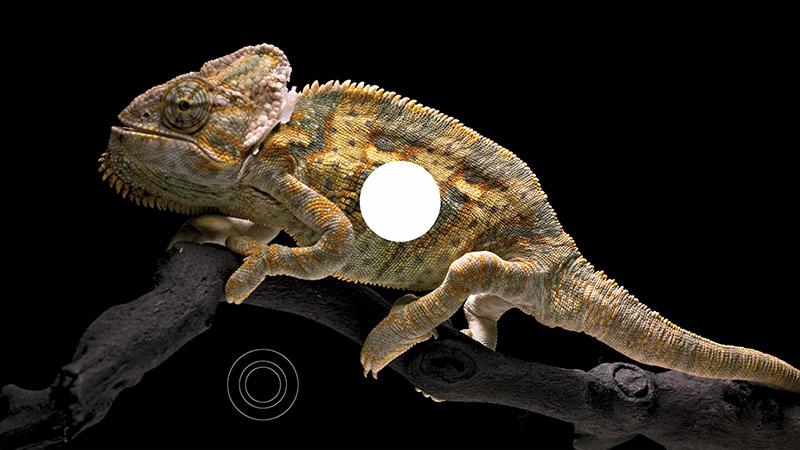
Result
∞:1
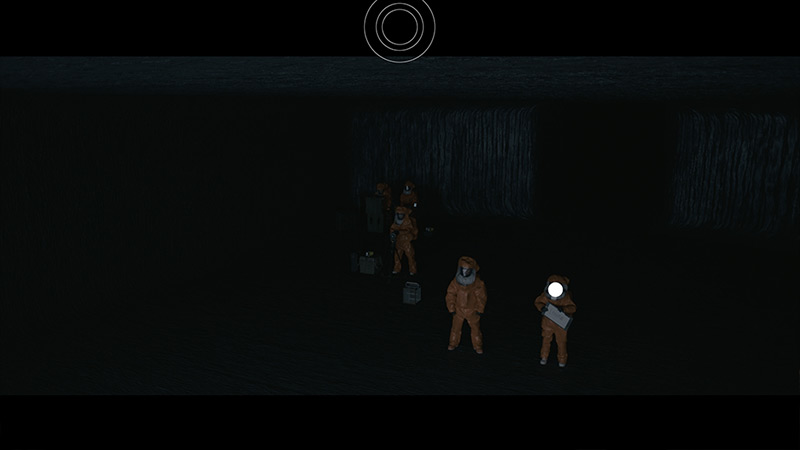
Result
∞:1
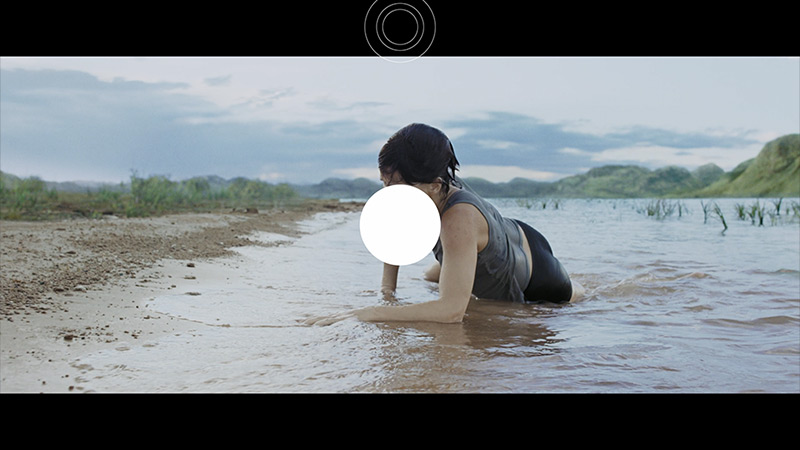
Result
∞:1
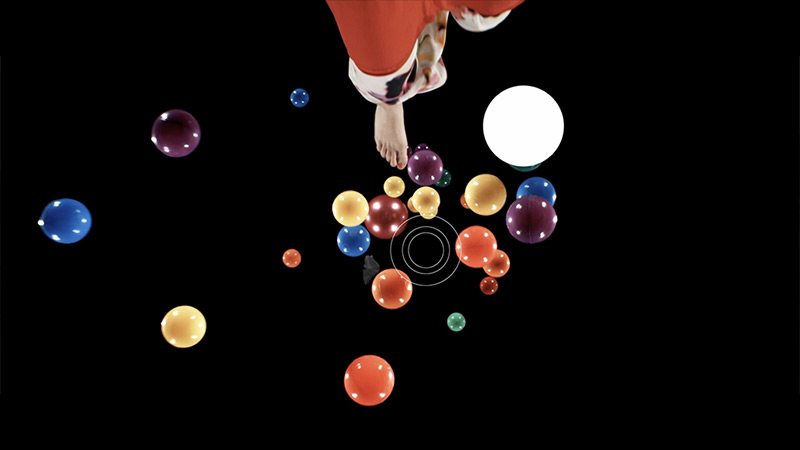
Result
∞:1

Result
6,850:1

Result
6,750:1

Result
6,350:1

Result
6,750:1

Result
4,800:1
Halo effect and black detail visibility:


The Sony Bravia 8 television, equipped with an OLED panel, offers exceptional black and contrast quality. Thanks to OLED technology, each pixel emits its own light, providing excellent black depth and precision in light reproduction. In tested scenes, such as sequences from the films Oblivion and Sicario 2, the television achieves perfect light separation, resulting in a very detailed and realistic image, even in challenging contrast conditions. The Sony Bravia 8 truly stands out among other models in this category.
The television TCL C655 / C69B is equipped with a VA panel, which offers above-average contrast, resulting in noticeably better black quality and image depth compared to IPS panels. However, the lack of local dimming technology, which is available in the model with the "Pro" suffix, negatively affects the quality of black levels. In certain scenes, such as in the film "Sicario 2", one can notice that black takes on a navy hue, thereby reducing the sense of immersion. Overall, the black levels are decent, but they could be better if the television were equipped with local dimming technology.
HDR effect quality
6.8/10
5.2/10
Luminance measurements in HDR:
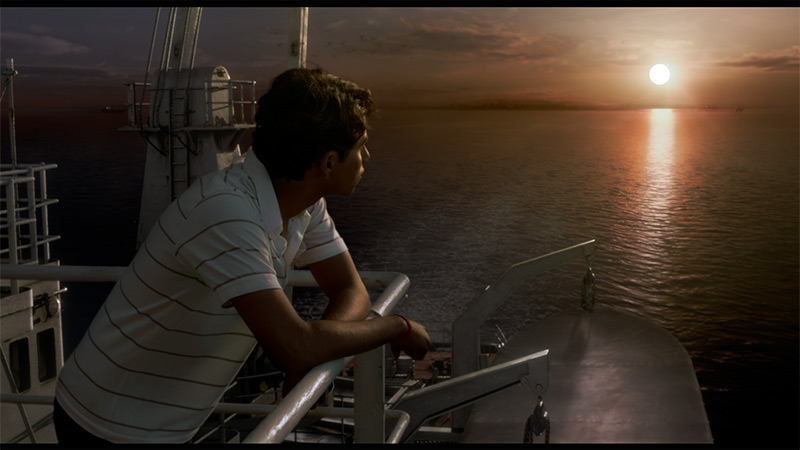
Result
849 nit
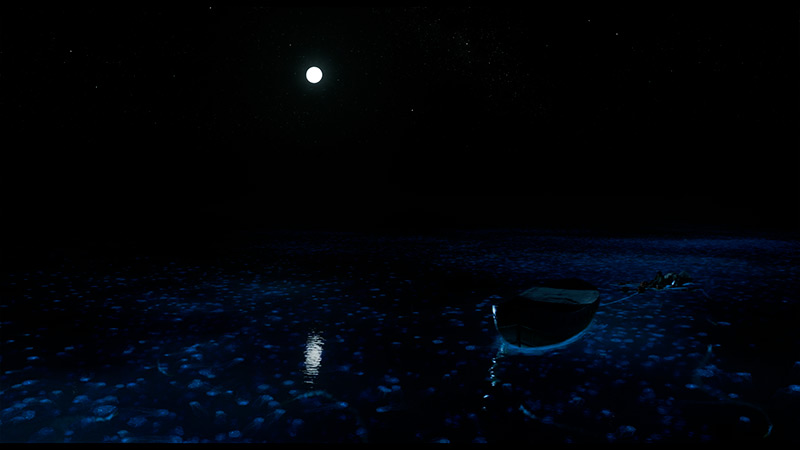
Result
865 nit
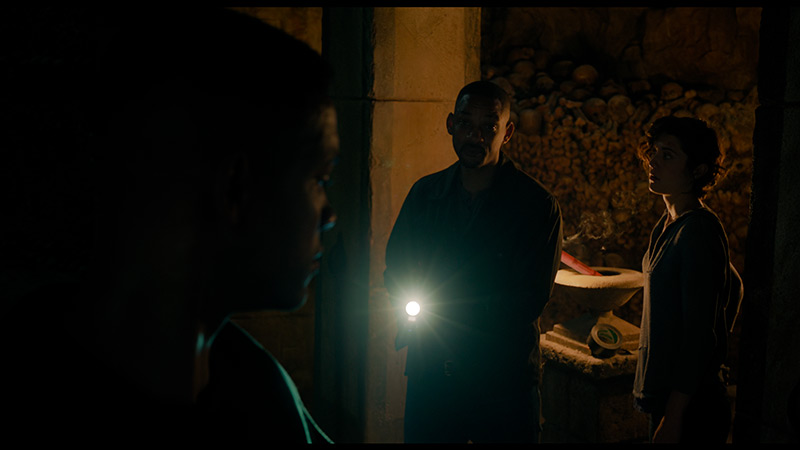
Result
888 nit
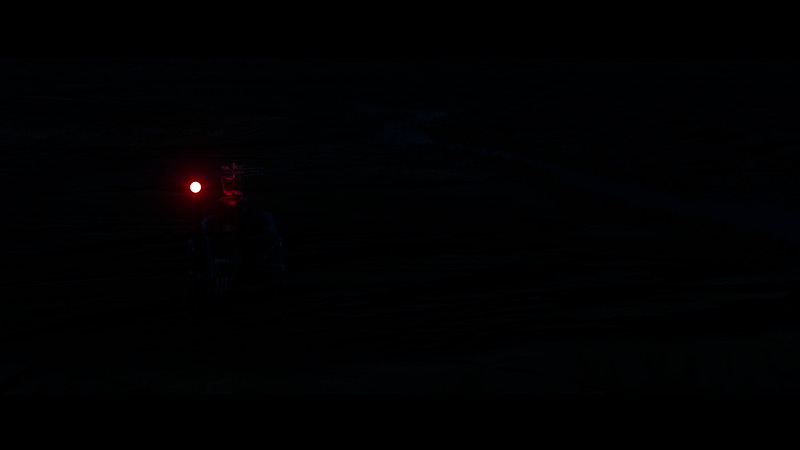
Result
880 nit

Result
469 nit

Result
364 nit

Result
416 nit

Result
484 nit

Result
400 nit

Result
450 nit
Scene from the movie “Pan” (about 2800 nits)


Scene from the movie “Billy Lynn” (about 1100 nits)


Static HDR10


Dynamic: Dolby Vision
Dynamic: Dolby Vision


HDR luminance chart:
TCL C655 / C69B (55"-85")
HDR luminance
Sony Bravia 8 (XR80)
HDR luminance
Luminance of RGB colors
Sony Bravia 8 performs reasonably well in terms of HDR brightness. A maximum brightness level of 880 nits is satisfactory and allows for enjoyable light effects in most scenes. In the tested segments of the films Life of Pi and Sicario 2, the television looks really good, offering vibrant and detailed images that fully convey the atmosphere of these productions.
However, a greater challenge is presented by a scene from the film The Meg, where the screen is entirely very bright. In such situations, the limitations of OLED technology are evident, as the television loses brightness, dropping to about 450 nits. This decline is less satisfactory, especially when the entire scene requires intense lighting. Despite these limitations, Sony Bravia 8 remains a competitive model, offering excellent coverage of the DCI-P3 colour gamut and a BT.2020 standard coverage of 74%. As a result, colours are rich and details are precise, which significantly enhances the quality of HDR content consumption and makes viewing a pleasant experience.
Generally speaking, the quality of the HDR effect on the TCL C655 / C69B looks quite promising. The average value in the test charts is around 450 nits, which already allows one to feel the light effects and better image dynamics. However, as previously mentioned, this effect may be partially subdued by slight differences in bright and dark colours, resulting from the lack of local dimming technology. However, the coverage of the DCI-P3 colour palette at 94% deserves high praise, and this is made possible by the use of a quantum dot (QLED) matrix. As a result, colours are vivid and accurately represented when watching HDR content.
Factory color reproduction
7.2/10
4.2/10


Factory Mode
After calibration


Factory Mode
After calibration
The best factory mode available on the Sony Bravia 8 television is IMAX Enhanced, which provides the most cinematic experience, although it is not perfectly set up. The television tries to faithfully reproduce cinematic settings, but certain shortcomings are noticeable. Starting with the white balance, both for SDR and 4K materials, a pronounced blue tint can be observed. This causes the image to appear too cold, stripping it of its naturalness. Tests using Colour Checker show that colours shift towards cooler tones, which may affect the accuracy of colour reproduction and make the image less realistic.
As for brightness and contrast characteristics, the gamma shows a significant drop at the end of the chart. This means that dark details may be too dark and bright elements too bright, resulting in a loss of subtlety and becoming less visible. As seen in the sky - in the comparative photo. In turn, the EOTF curve is well above the reference value, causing bright elements of the image to be too intense. As a result, users may perceive the image as unnatural, and bright areas may lose details, negatively impacting the overall viewing quality.
The television TCL C655 / C69B offers a film mode that has been tested for colour reproduction quality. Although this mode is called film mode, it unfortunately has several errors that a director would surely not want to see when recording their work. Starting with image analysis, it is worth examining the white balance – both in HD and 4K HDR content, the white balance has significant errors. In both cases, the red colour dominates, causing the colours to be too warm, and the overall result takes on a pink or yellow tint. This can be seen in the image below from the film "Star Wars". The Colour Checker test confirms these errors – the colour samples veer into incorrect shades, affecting the overall colour fidelity. A less significant issue is the brightness characteristic. However, this is also not without its flaws. The gamma graph shows a strong peak at the beginning, causing the image to be excessively brightened, and the EOTF curve responsible for brightness in 4K HDR material also has substantial fluctuations – it is noticeable how the television tries to maintain the appropriate brightness, but it does not always succeed effectively.
Color reproduction after calibration
8.2/10
8/10




The calibration process of the Sony Bravia 8 television has brought significant improvements in image quality. The white balance has been noticeably enhanced, for both SDR and 4K HDR content, with minimal errors in the middle of the graph. Gamma has proven to be one of the biggest beneficiaries of calibration – it has been completely rid of previous dips, which has significantly impacted brightness stability and better detail reproduction in the darker parts of the image. The EOTF curve has also been levelled, making bright elements of the image appear more natural, and the overall tonal dynamics are now more balanced.
However, the most attention should be paid to colour reproduction, where, despite calibration, certain issues still persist. Sony has omitted the use of a CMS system in this model, which allows for very precise control over colours. As a result, the Colour Checker test for 4K materials still shows significant errors in colour samples. Despite these difficulties, we recommend performing calibration, as the effects are noticeable and significantly enhance image quality, particularly in terms of brightness and contrast.
After calibrating the television's film mode TCL C655 / C69B , the white balance has been adjusted, and the colours are presented as they should be – confirmed only by slight deviations in the Colour Checker test. The gamma is really quite accurate, which means the television should not have issues with brightness in low-resolution materials. Unfortunately, a similar EOTF characteristic is still visible, which is a natural phenomenon in televisions that do not have local dimming – they simply struggle to "shine" more in a given area of the screen. Despite this inherent limitation that cannot be bypassed, we recommend adjustment in the settings, as the overall colour presentation looks really very good.
Smoothness of tonal transitions
5/10
4.5/10












The grading in 4K materials is simply poor and clearly disappointing. There are noticeable seams both in dark and light colours, which affects the image quality and lowers the overall satisfaction with watching high-definition materials. Something that has always been a strong point of Sony's processor evidently fails this time.
The tonal transitions in TCL C655 / C69B are really quite good and would deserve a high rating; however, the score has been clearly lowered for another reason - the image is artificially sharpened despite the "sharpness" setting being on 0. As a result, viewing the image is unpleasant. While this may be unacceptable to purists, those who place less emphasis on perfect image reproduction might find this effect attractive.
Image scaling and smoothness of tonal transitions
6.1/10
5/10
Smooth transition function


Image without overscan on the SD signal


The fluidity of tonal transitions in low-quality materials on the Bravia 8 is poor. Unfortunately, the soft gradation feature (which was available in previous models) is missing, which is a significant downside. The digital noise reduction feature can considerably improve tonal transitions; however, it also tends to remove some details, such as clouds in scenes from the film The Martian, which may not be to everyone's liking. As for digital processing, the Sony XR80 performs quite well. The model in test scenes was displayed without noticeable errors, and the branches in the background are not overly jagged. This shows that the Bravia 8 is capable of effectively processing complex low-resolution image details.
The television TCL C655 / C69B handles tonal transitions fairly well in low-quality materials. The "Gradual Smoothing" feature at a low setting effectively smooths out tonal transitions; however, it simultaneously blurs significant details, such as the texture of objects. On the plus side, it does not negatively impact the film grain, allowing the natural appearance of the image to be preserved. As for digital processing, the television adds artificial sharpness, which may appeal to some users who prefer a sharpened image. However, for those who prefer a softer look, this could be a disadvantage. A notable downside is that the image has been quite significantly cropped due to what is known as overscan, which reduces the field of view and trims the edges of the image.
Blur and motion smoothness
8.5/10
4.7/10


Blur (native resolution, maximum refresh rate):






Blur (BFI function enabled):
Image flickers in this mode



Blur ():
Blur (1080p 120Hz):



Sony Bravia 8 offers a maximum refresh rate of 120 Hz, which forms the basis for smooth viewing of dynamic content such as sports and games. This ensures that movements are sharp and fluid. For more demanding users, the Sony XR80 television is equipped with an advanced motion smoothing system, which is divided into three segments: Smoothness (Film), Smoothness (Camera), and Clarity. The first two are responsible for regulating the degree of blur and smoothness of the image. The third option, concerning clarity, will be described in more detail below. Each of the parameters can be adjusted to personal preferences, allowing users to find the optimal setting tailored to their individual needs.
The television C655 / C69B is equipped with a 4K@60 Hz panel, which means it works best for watching films and less dynamic content. It also features a "Flicker Reduction" function that allows for the adjustment of image smoothness – the user can choose whether they prefer smoother motion or a more cinematic, frame-by-frame effect. The television can also adapt to lower resolutions, such as Full HD and 2K at 120 Hz, which will surely please gamers by offering a smoother image at the cost of resolution. It is worth noting that this feature is available in sizes from 55"+. Additionally, the largest variant, 98", is equipped with a 144Hz panel with full motion smoothing.
Console compatibility and gaming features
8.1/10
8/10
- ALLM
- VRR
- VRR range48 - 120Hz48 - 120Hz
- Dolby Vision Game Mode
- Correct implementation of HGIG
- 1080p@120Hz
- 1440p@120Hz
- 4K@120Hz
- Game bar








Sony Bravia 8 has significantly improved its compatibility with consoles compared to earlier models. The television supports variable refresh rate (VRR), which eliminates screen tearing, and it synchronises with graphics cards to ensure smooth image display. The automatic low latency mode (ALLM) reduces input lag, which is crucial in fast-paced games. Dolby Vision with low latency additionally provides impressive HDR effects that look stunning during gameplay.
The Sony XR80 television also features a Game Bar, allowing quick access to settings and monitoring parameters while gaming. An interesting option is the ability to enable a virtual crosshair on the screen, which can provide a slight edge in shooting games.
A downside is the lack of support for 1440p@120hz resolution, which could facilitate gaming for users with less powerful graphics cards. Additionally, the Sony XR80 only has two HDMI 2.1 ports, one of which is typically used to connect an audio system via eARC, limiting the number of available inputs for connecting next-generation consoles.
The TCL C655 / C69B television offers nearly the perfect set of features for gamers, supporting all the most important technologies. It has an ALLM feature that automatically switches the TV to low latency mode, significantly improving responsiveness and minimising signal lag, which is especially important during dynamic gameplay. The VRR feature allows the screen refresh rate to synchronise with the frame rate generated by the console, eliminating screen tearing and providing smoother gameplay.
The television also supports Dolby Vision in game mode, which ensures better colour and contrast rendering in games that support this format, and the Game Bar provides quick access to settings related to gameplay, such as response time, latency level, and other parameters. Unfortunately, the C655 / C69B does not support 4K resolution at 120 Hz (the exception here is the 98" variant), which may be disappointing for more demanding gamers who expect the highest fluidity of image in high-resolution games. However, if we can forgo 4K, the television offers support for Full HD and 2K at 120 Hz, providing a smoother image and is a great alternative for those who prefer a higher refresh rate at the expense of resolution.
Input lag
10/10
10/10
SDR
HDR
Dolby Vision
Low input lag in Sony Bravia 8 is undoubtedly an advantage – results at the level of 13 ms are excellent and provide outstanding responsiveness. The Dolby Vision mode is also noteworthy, which performs remarkably well in this model. In many cases with other manufacturers, this mode looks much worse, but here you can enjoy its full potential, especially in gaming.
The TCL C655 / C69B television offers an exceptional response time across all supported resolutions and refresh rates. Of particular note is its support for Dolby Vision with a response time of 13 ms, which is rarely found among competitors. As a result, gamers can enjoy excellent responsiveness even when using advanced HDR effects, significantly enhancing the gaming experience.
Compatibility with PC
7.6/10
6/10


The cooperation of Sony Bravia 8 with computers is very good, similar to most televisions with WOLED panels. The readability of fonts is at a high level, making work with documents or browsing websites comfortable. The low input lag of 5 ms makes an impressive impression and provides excellent responsiveness during gameplay. The only downside is that the fonts displayed on a dark background appear slightly muted.
Collaboration with a PC on the TCL C655 / C69B television proves to be quite good, especially thanks to the support for chroma 4:4:4, which guarantees good font readability. This is an important advantage if the television is to serve as a monitor for office work, where text display precision is crucial. Additionally, low input lag ensures smooth performance, which both gamers and users who need quick response to mouse or keyboard movements will appreciate. However, the television has a 60Hz panel for 4K resolution; nevertheless, TCL has ensured that users can enjoy smooth gameplay at 120Hz in 2K and Full HD.
One of the minor drawbacks that can be noticed is the fact that vertical lines sometimes exhibit the dropout of a single pixel. This can cause letters to appear slightly broken, which in certain situations may slightly reduce the comfort of work, although overall this issue should not be very bothersome for less demanding users.
Viewing angles
7.3/10
2.5/10
The viewing angles on the Sony Bravia 8 are very good, as befits a television with an OLED panel. As a result, the image retains its colours and contrast even when viewed from a large angle. The only televisions that will be better in this category are models equipped with MLA (Meta-Lens Array) technology and QD-OLED, offering even wider viewing angles and better image quality at extreme angles.
The viewing angles of the C655 / C69B are rather poor, which is characteristic of VA panels. Compared to IPS panels, which offer significantly better viewing angles and a more uniform picture quality regardless of the viewer's position, the VA panel loses contrast and colours with even a slight deviation from the axis. Watching from the side results in noticeable image quality degradation – blacks become more faded, and colours lose their intensity. This is definitely not a television that will perform well in large rooms where viewers watch content from various angles.
Daytime performance
5.6/10
5.6/10




Panel brightness
Average luminance SDR
TCL C655 / C69B (55"-85"): 484 cd/m2
Sony Bravia 8 (XR80): 335 cd/m2
The glossy panel in the Sony Bravia 8 effectively dampens reflections, which take on a slightly bluish hue. Unfortunately, the brightness level of 330 nits is not particularly impressive, making this television better suited for evening viewing. During the day, to ensure optimal image reception, it is advisable to help by closing the curtains, which will reduce the impact of external light.
Generally, TCL C655 / C69B offers quite good brightness at around 480 nits, which allows for comfortable use of the television during the day. This brightness is satisfactory and makes the picture easily visible even in strong sunlight. Unfortunately, the satin finish of the screen struggles to suppress reflections, which can affect the visibility of the image in very bright surroundings.
Panel details
Subpixel Structure:


Panel uniformity and thermal imaging:


Sony Bravia 8 (XR80)
TCL C655 / C69B (55"-85")
TV features
9.4/10
6.5/10
- HDMI inputs2 x HDMI 2.0, 2 x HDMI 2.1 48Gbps3 x HDMI 2.0, 0 x HDMI 2.1
- Other inputsRCA (Chinch)
- OutputsToslink (Optical audio), eARC (HDMI), ARC (HDMI)Toslink (Optical audio), eARC (HDMI), ARC (HDMI)
- Network InterfacesWi-Fi 2.4GHz, Wi-Fi 5GHz, Ethernet (LAN) 100MbpsWi-Fi 2.4GHz, Wi-Fi 5GHz, Ethernet (LAN) 100Mbps
- TV receptionDVB-T, DVB-T2, DVB-S, DVB-S2, DVB-CDVB-T, DVB-T2, DVB-S, DVB-S2, DVB-C
Classic features:
- Recording to USB (terrestrial TV)
- Recording programming
- Picture in Picture (PiP)
- RF remote control (no need to aim at the screen)
- Backlit remote control
- Teletext
- Audio only mode
- Bluetooth headphones support
- Simultaneous Bluetooth headphones & TV audio
Smart features:
- AirPlay
- Screen mirroring (Windows Miracast)
- Voice search
- Voice search in native language
- Ability to connect a keyboard and mouse




Sony Bravia 8 runs on the Google TV system, which provides very intuitive and quick use of the television as well as an almost unlimited number of applications. Google Assistant works in Polish, allowing for even better integration with the device. The interface is well-designed, and access to applications and features is simple and convenient. It is also worth mentioning the remote control – similar to solutions from Korean competitors, the remote can be charged via a USB-C port. Moreover, it is backlit, which makes it much easier to use at night.
The device offers a wide range of features that will satisfy most users. The Sony XR80 television allows for recording programmes, as well as easy connection of external peripheral devices via Bluetooth. Unfortunately, it lacks the Picture-in-Picture (PiP) function, which would allow for simultaneous viewing of two image sources, which could be useful in certain situations.
The television looks very good. It has a solid, metal frame that gives it an elegant appearance. The television stands on two adjustable feet, which can be adapted in terms of both width and height. This allows for easy placement of a soundbar underneath the screen. Although the Sony Bravia 8 is not the thinnest OLED television on the market, its careful finish and quality of materials make it look really good.
The TCL C655 / C69B television operates on the Google TV system, which is an extension of the popular Android TV. Google TV offers personalised content recommendations based on previously viewed materials and user preferences. The convenient and clear navigation in the interface makes it easy to find favourite films, series, and applications. This system supports the most popular streaming applications, such as Netflix, YouTube, Prime Video, and Disney+, providing users with access to a wide range of content. Google TV also supports integration with the Google ecosystem, allowing control of the television through voice commands using Google Assistant. Additionally, users can easily synchronise the television with other devices within the smart home framework.
The C655 / C69B television ensures everyday user convenience with features that facilitate connectivity and interaction with other devices. It supports Apple AirPlay, allowing for quick content streaming from Apple devices, such as iPhones or iPads, directly to the television screen. The ability to connect peripheral devices via Bluetooth, such as keyboards, mice, or headphones, further enhances user comfort. Unfortunately, the television does not offer content recording to USB or picture-in-picture (PiP) options, which may disappoint traditional television users who are accustomed to these features. The absence of these options means that the TCL C655 / C69B may not be the ideal solution for those expecting full functionality, especially regarding recording favourite programmes.
The TCL C655 / C69B presents a solid design. The television is not among the thinnest, and its bezels are not the narrowest, yet they look modern and aesthetically pleasing. The legs included in the set deserve special praise – they are metal, which adds stability, and they also offer adjustment capabilities, even for very narrow spacing. This makes it easy to fit the television with various types of TV stands, which is a practical convenience in many living rooms.
Playing files from USB
8.7/10
8.3/10
Supported photo formats:
Maximum photo resolution:


Sony Bravia 8 will satisfy most users when it comes to playing multimedia files. The built-in player handles most popular video and audio formats, allowing for seamless access to a wide range of content. Although there are some shortcomings in photo playback, the Google TV system allows for the installation of other players that will likely resolve this issue.
Thanks to its built-in player, the TCL C655 / C69B television is capable of playing most file formats stored on external memory devices, making it a versatile tool for consuming multimedia. However, there may be certain limitations in supporting some formats, which can be inconvenient for more demanding users. Fortunately, the Google TV system allows the installation of other multimedia players from Google Play, which eliminates compatibility issues. This enables users to choose applications that best meet their needs, significantly enhancing the functionality of the television.
Apps
9.6/10
9.6/10














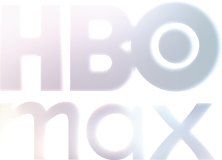































Sound
7.5/10
6.6/10
- Maximum volume--
- Dolby Digital Plus 7.1
- Dolby True HD 7.1
- Dolby Atmos in Dolby Digital Plus (JOC)
- Dolby Atmos in Dolby True HD
- DTS:X in DTS-HD MA
- DTS-HD Master Audio
Bravia 8 is equipped with a 50W sound system in a 2.2.1 configuration. The speakers are mounted behind the screen, and this system is called Acoustic Surface Audio. The sound is pleasant and well-balanced, which makes it perfectly complement the picture. When it comes to audio format support, Sony Bravia 8 has a lot to boast about – in our tests, it played all popular codecs without any issues, providing a full and rich audio experience.
The sound on the TCL C655 / C69B is surprisingly good, especially for this class of device. The 2x10W speakers combined with a 15W Onkyo subwoofer (for sizes 55"+) offer surprisingly good sound quality, including noticeable bass. The sound remains clear across the volume range, although the high frequencies could be a bit clearer. The support for DTS audio format is also a plus.
